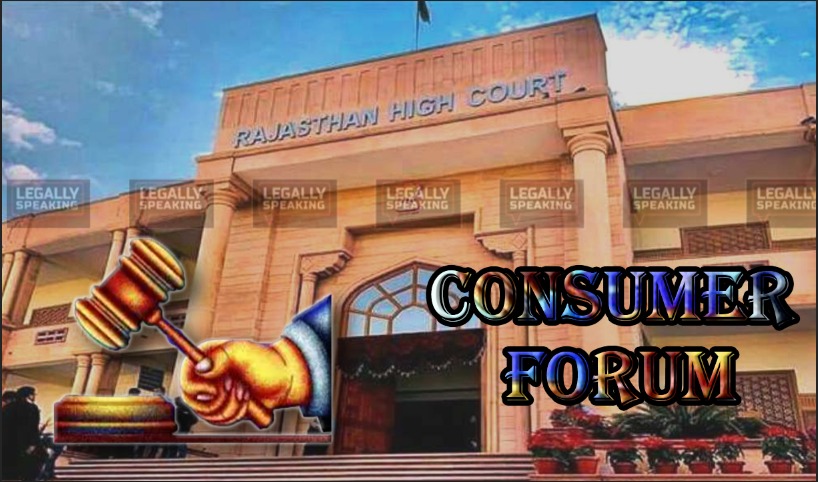
The Rajasthan High Court recently directed the State to reconsider the appointment of the president of a District Consumer Forum to the State Consumer Commission. The court observed that the State had exercised its discretion in a ‘vague and fanciful manner.’
A single bench of Justice Anoop Kumar Dhand was hearing a petition filed by Kedar Lal Gupta. In his plea, Gupta mentioned that he served as the President of the District Consumer Commission, and his name was recommended by the Selection Committee for appointment to the State Commission alongside another President. However, despite the recommendation, he was not appointed.
“There is no doubt that the State Government is the Appointing Authority and the discretion lies with it to accept the recommendations of the Selection Committee under Section 16(1A) of the Act of 1986 or not, but such discretionary powers exercised by the government must be exercised in a manner that is not arbitrary, unreasonable, or discriminatory,” the bench stated.
The single bench stated that the principle of non-arbitrariness requires that government officials and agencies must act in good faith and in accordance with the law when exercising discretionary powers.
“This means that they must have a rational basis for their decisions and must not act in a manner that is capricious, whimsical, or discriminatory,” it further added.
The bench was hearing the former judicial officer’s writ petition raising the grievance that in spite of recommendations made by the Selection Committee, the State Government has not appointed him as Judicial Member of Rajasthan State Consumer Disputes Redressal Commission.
The petitioner’s counsel argued that the petitioner, along with Atul Kumar Chatterjee, who served as Presidents of the District Consumer Disputes Forum in Jaipur and Jodhpur respectively, had participated in the selection process. The Selection Committee recommended the appointment of both candidates, but only Chatterjee was appointed by the State Government, leaving the petitioner without any appointment.
Justice Dhand, considering the matter, noted the established principle that equals should be treated equally and unequals should be treated unequally. The court emphasized that treating equals as unequals would violate the constitutional doctrine of equality enshrined in Article 14 of the Indian Constitution.
“In view of the above discussion, this petition stands allowed with direction to the respondents to consider the case of petitioner for appointment on the post of Judicial Member in the State Commission, if he is otherwise found suitable, within a period of two months from the date of receipt of a certified copy of this judgment,” the bench stated while disposing of the PIL.




